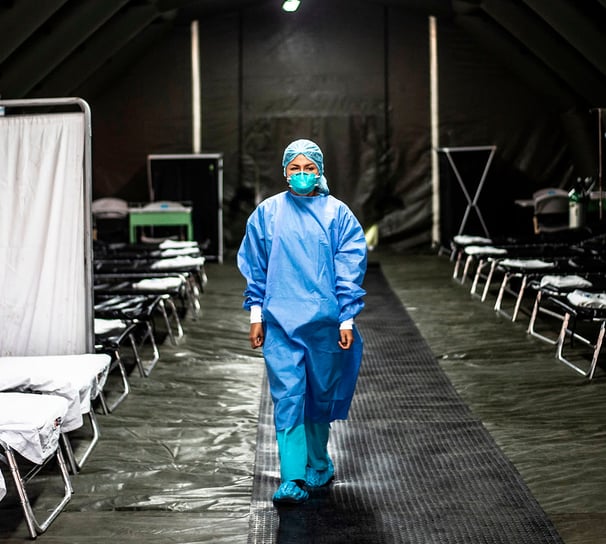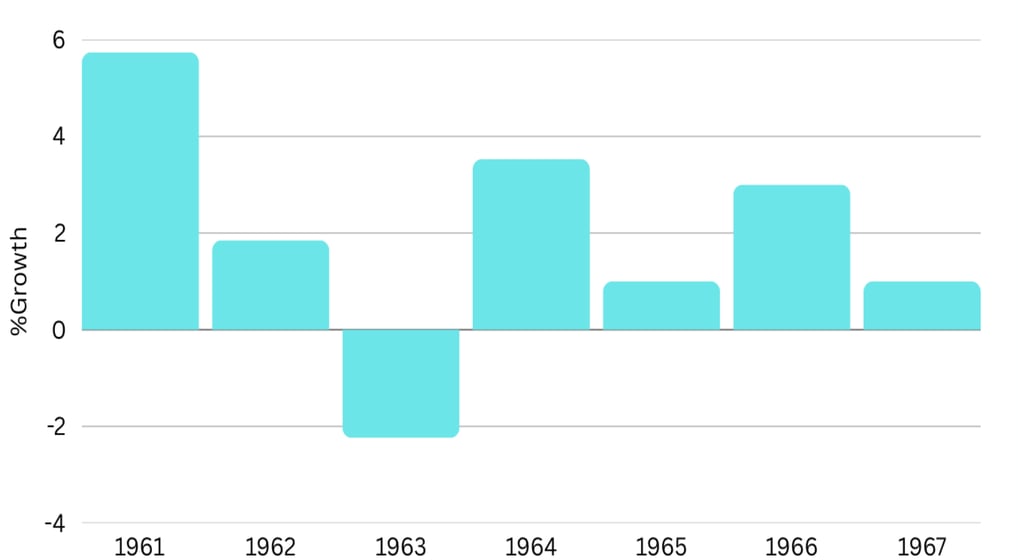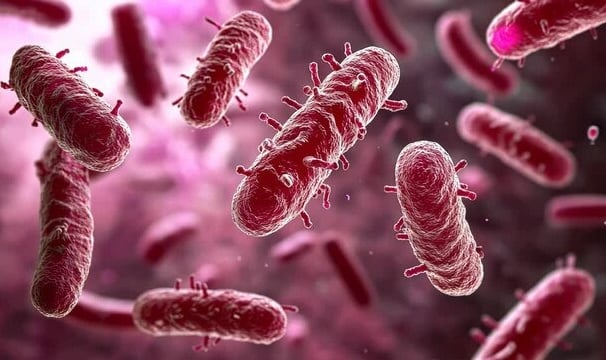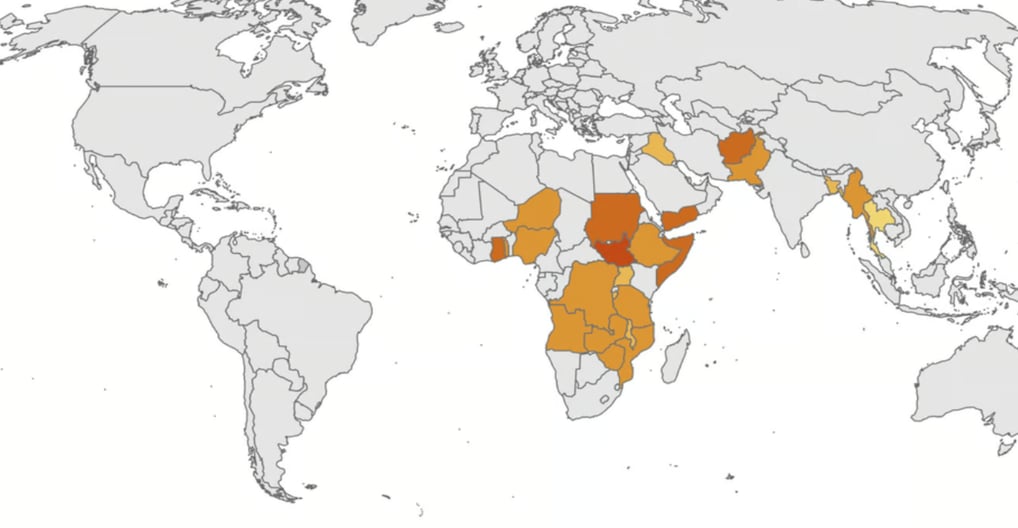
Cholera
What is Cholera
Cholera is a bacterial disease that can be caught from contaminated food or water
Cholera causes dehydration and diarrhea
Serious cases of Cholera can be fatal
People without access to clean drinking water, poor hygiene, or in low sanitation areas have the highest risk of being exposed to cholera


When the pandemic occurred
The Cholera pandemic started in 1817 through 1824
It started in India and spread to the rest of Asia through trade routes, including China and Japan, even spreading to southern Russia
The most recent outbreak of Cholera was in Angola, Africa, with 16 out of 21 provinces being affected
The highest cases of Cholera were from Luanda (48.5%) and Bengo (29.1%)
As of March 23rd, 2025, there have been 8543 cases and 329 deaths reported


What effects does it have?
Cholera affected society by spreading panic and worry
Cholera affected daily life because of how people panicked and reacted to the outbreak. They went on lockdown and shut off a lot of physical interactions, which would lead to them being in the home a lot more. This made their society more introverted and less outgoing




How did cholera affect the economy?
Cholera affected the global economy by reducing the number of jobs due to illness and death. There was also less purchasing due to the changes in people’s lives after the outbreak
In Indonesia after the cholera outbreak the % growth rate decreased significantly even after they were declared cholera free
Organizations like WHO and UNICEF have rushed onto the scene to offer Angola support
These organizations have made cholera treatment centers, and brought vaccines with them
They have also developed early detection care and prevention facilities
This responses have been swift and effective with cases since february plateauing
Fatality rates have also dropped from 9-5%
WHo and UNICEF have responded because of the rapid increase in cases in Angola


What WERE THE Global RESPONSES?
UNICEF has helped open 138 cholera treatment centers, reaching 22 million people with key messages related to hygiene and how to practice stopping the spread of disease
WHO has provided vaccines for Cholera in Angola and has delivered 700,000 additional doses of oral cholera vaccines
UNICEF has supported the installation of four Cholera Treatment Centers in Luanda, with 21 handwashing stations. They have also provided Personal Protection Equipment (PPE) for 1,250 health workers and information materials on cholera prevention and treatment


What WAS THE EFFECTIVENESS?

